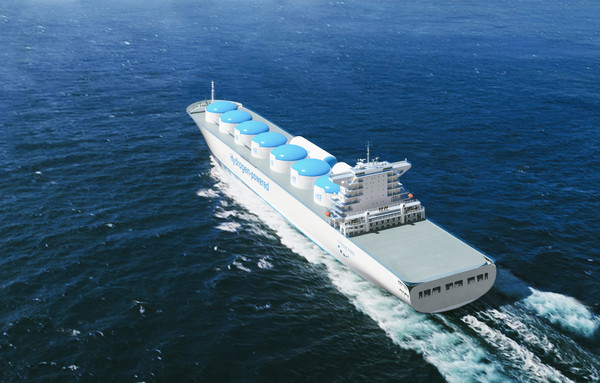In April 2018, the United Nations International Maritime Organization (IMO) adopted an initial strategy on the reduction of GHG emissions from vessels. The strategy provides an international policy framework setting out a pathway to reduce and eventually phase out GHG emissions from international shipping as soon as possible. This includes the reduction of CO2 emissions per transport work (carbon intensity) by at least 40% by 2030 and the reduction of the total annual GHG emissions by at least 50% by 2050. Discussions are ongoing on further measures, and the strategy will be reviewed in 2023.
IUMI supports the ambition to decarbonise shipping, and marine insurers are stepping up to support shipowners in the transition. To facilitate the utilisation of zero-carbon fuels, safety measures are urgently needed to protect crew, assets and the environment.
Hazards related to ammonia are toxicity and corrosivity, while hydrogen has a wide flammability range and ignites easily. In two recent submissions to the IMO, the development of safety guidelines for these fuels have been proposed. European Union Member States and the European Commission propose to include this in the work plan for the next phase of the development of the International Code of Safety for Ships using Gases of other low-flashpoint Fuels (IGF Code). As a new output under the Maritime Safety Committee, Japan, Singapore, International Chamber of Shipping (ICS) and INTERCARGO have proposed to develop guidelines for safety of newly built vessels using ammonia as fuel. The guidelines should include education and training for crew onboard, and operational requirements to address safe and environmentally sound operations.
The proposed safety guidelines are urgently needed to pave the way for decarbonization of shipping. However, non-mandatory guidelines can only be an interim measure, and it is assumed that mandatory requirements will be developed as part of the transition to greener fuels.
